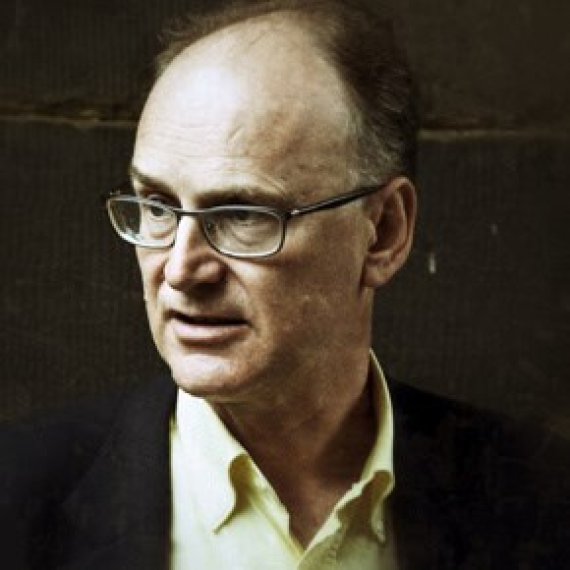© John Cogan
Last weekend, over twenty employees of the university, including 11 professors, sent a letter to the Executive Board to express their dissatisfaction with Ridley’s presence.
Debate
‘Our primary objection is that the Executive Board offers Ridley a stage without giving us the opportunity to debate with him concerning areas such as climate change, agricultural development and economic development’, says rural sociologist Han Wiskerke, one of the names behind the letter. ‘Ridley makes various controversial statements concerning these subjects that are not or merely partially substantiated by scientific research. By offering him an uncriticised stage during the opening of the academic year, there is a realistic chance that WUR will be associated with these controversial viewpoints. We do not oppose controversial opinions, as those form a fine starting point for scientific debates, but the programme does not leave any space for such a debate.’
Optimism
Wiskerke finds allowing three young Wageningen researchers to react to the theme of Ridley’s speech – science as a source of optimism – to be unsatisfactory. These young researchers will most probably explain their own research and not respond to Ridley’s speech, as they do not know the speech, nor do they have the experience and scientific stature to do so, observes Wiskerke.
Climate
One of the points the authors of the letters take offense at is that Ridley points at the advantages of climate change, such as higher food yields, without noting that the Intergovernmental Panel on Climate Change (IPCC) on the contrary reports that many regions will suffer great damage due to the climate change.
Interests
The authors of the letter also have their doubts about Ridley’s economic views. ‘The positions that he takes in his books, blogs and lectures cannot be seen independently of his economic interests and social position’, says Wiskerke. ‘He is opposed to subsidising renewable energy and is an advocate of coal mining and shale gas extraction, all the while having business ties with that industry and being the owner of a large estate where coal could be mined. He says he supports free trade and deregulation, but the bank he led during the financial crisis had to be kept afloat by the British government using 27 billion pounds of taxpayers’ money, without him having suffered financially in any way.’
The sociology professors did not come up with the idea to write a letter to the Executive Board, states political scientist Bram Buscher. The protest originated among several concerned WUR employees and a few external people, among whom an English professor. The letter is a joint product of the 23 signatories, says Buscher.
Surprised
The Executive Board is very surprised by the protest. ‘During the opening of the academic year, it is customary to offer a stage to speakers from different societal, cultural of political backgrounds’, says spokesperson Simon Vink. ‘We think it is important to always be receptive to dissidents, even when we do not fully agree with them. This fits an academic culture and a societal dialogue.’
Masterclass
Ridley has written several books in which he factually substantiates his viewpoints, says Vink. ‘He is an erudite man with a scientific journalistic background. He also writes polemic columns, in which he expresses an opinion.’ Vink points out that on 5 September, Ridley will give a masterclass in Wageningen, during which there will be ample opportunity for discussion.

